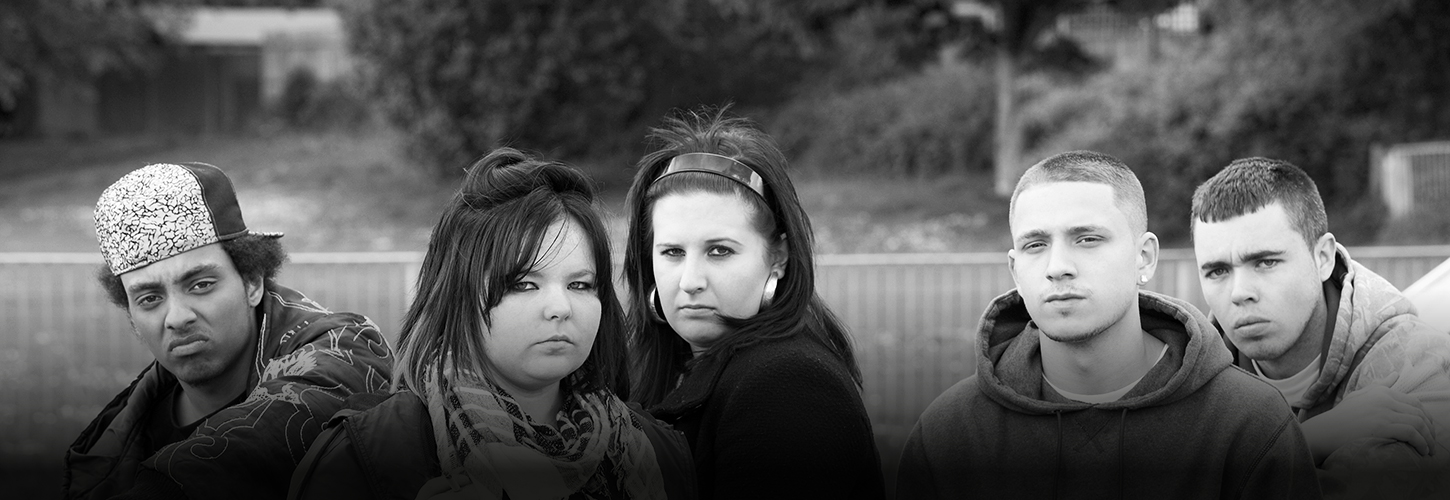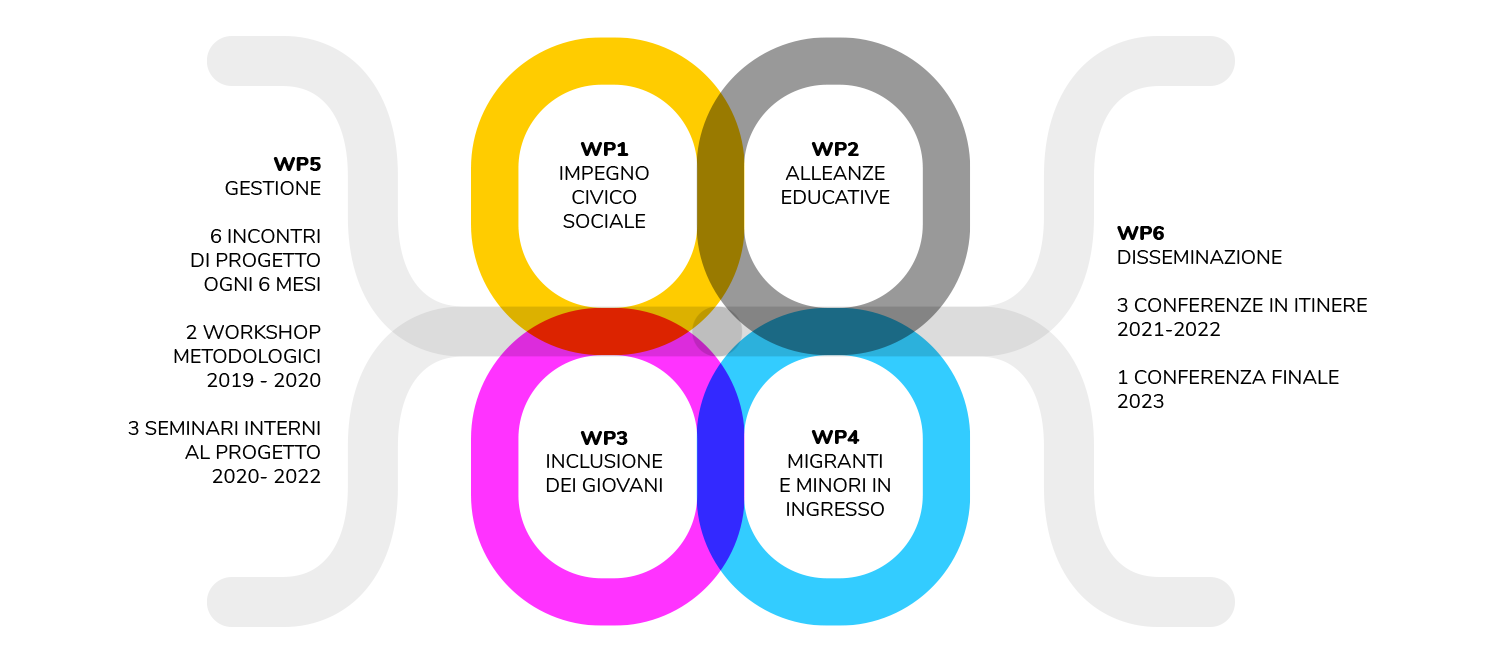Existing relationships between education and the vulnerability – individual, structural and social – and marginality of individuals and groups have yet to be fully appreciated in Italy. Understanding these relationships also seems to be a fundamental step for implementing objective n. 4 of the 2030 Agenda for Sustainable Development (UN).
 Obtaining a quality education
Obtaining a quality education
is the foundation to improving people’s
lives and sustainable development.
Agenda 2030








